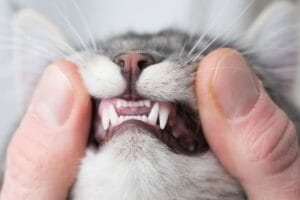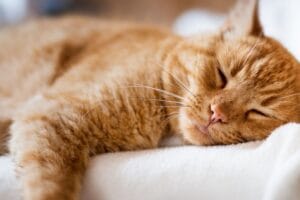Homemade Food For Cats With Arthritis
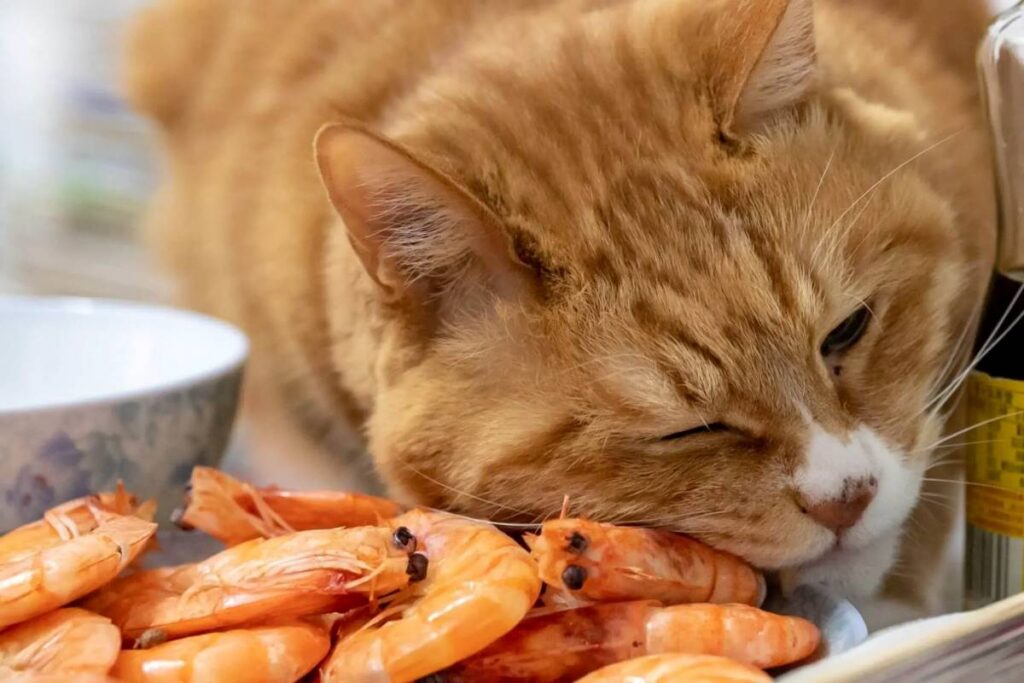
As our pets age, they may encounter various health challenges, one of which is arthritis—a condition that can significantly impact their quality of life. Arthritis is not an uncommon issue among cats and can be quite debilitating, causing discomfort and limiting their ability to enjoy daily activities.
In this article, we will explore a potential solution that goes beyond conventional approaches: Homemade cat food for cats with arthritis.
This alternative dietary strategy has gained recognition for its potential to play a crucial role in managing feline arthritis. We will delve into the science behind this concept, discussing how tailored homemade meals can help alleviate the discomfort associated with arthritis, ultimately contributing to a more comfortable and active life for your cherished feline companion.
The Benefits of Homemade Food For Cats With Arthritis
When it comes to managing arthritis in cats, providing the right nutrition is of paramount importance. Homemade cat food offers a myriad of benefits, making it a compelling choice for cats struggling with arthritis:
- Tailored Nutritional Control: Homemade cat food allows you to customize your feline friend’s diet to meet their specific needs, including their arthritis condition. You can choose ingredients rich in joint-supporting nutrients such as Omega-3 fatty acids, glucosamine, and chondroitin.
- Avoiding Harmful Additives: Commercial cat foods often contain additives and preservatives that may exacerbate inflammation in arthritic cats. By preparing homemade meals, you can ensure your cat avoids these potentially harmful ingredients.
- Enhanced Quality Assurance: With homemade food, you have complete control over the quality of ingredients, ensuring that your cat’s meals are free from questionable by-products and fillers that may worsen arthritis symptoms.
- Fresher Ingredients: Fresh, unprocessed ingredients used in homemade cat food can contribute to improved overall health, which can be especially beneficial for cats dealing with arthritis.
- Weight Management: Homemade meals allow you to manage your cat’s weight more effectively, reducing stress on their joints and providing better support for their arthritic condition.
- Increased Hydration: Homemade cat food can be supplemented with moisture-rich ingredients like broths, which help keep your cat well-hydrated – a crucial factor in maintaining joint health.
Incorporating homemade cat food into your arthritic cat’s diet can be a proactive step towards improving their overall quality of life.
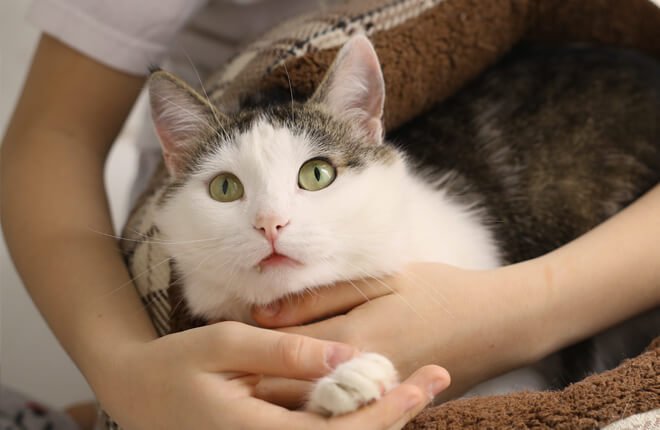
Essential Nutrients for Cats with Arthritis
Cats with arthritis require a carefully balanced diet rich in specific nutrients to support their joint health and overall well-being. Here’s a closer look at the vital nutrients they need:
- Omega-3 Fatty Acids: Omega-3 fatty acids, commonly found in fish oil, have anti-inflammatory properties that can help reduce joint pain and inflammation in arthritic cats.
- Glucosamine and Chondroitin: These compounds support joint health by promoting cartilage repair and maintaining its structural integrity. You can find them in supplements or specific ingredients like bone broth or chicken feet.
- High-Quality Protein: Adequate protein is essential for maintaining muscle mass, which is crucial for arthritic cats. High-quality sources like lean meat or poultry are recommended.
- Vitamins and Minerals: Ensure your cat gets essential vitamins like Vitamin C, which supports collagen production, and minerals like calcium and phosphorus for strong bones.
- Fiber: Proper digestion and weight management are key, and fiber aids in both. Include sources like pumpkin or carrots in their diet.
- Hydration: Cats with arthritis may benefit from a diet with increased moisture content, which can be achieved by incorporating wet or homemade food.
- Antioxidants: These help combat inflammation and oxidative stress. Look for foods rich in antioxidants like blueberries and sweet potatoes.
Balancing these nutrients in your cat’s diet can help alleviate the discomfort associated with arthritis, improve their mobility, and enhance their overall quality of life. Consult your veterinarian for specific dietary recommendations tailored to your cat’s needs.
Homemade Cat Food Recipes for Arthritis
Making homemade cat food tailored for arthritis can be a wonderful way to address your cat’s specific needs. Here are three recipes that provide essential nutrients for joint health:
Salmon and Sweet Potato Delight:
Salmon is packed with Omega-3 fatty acids, which have natural anti-inflammatory properties, helping to reduce joint pain and inflammation in arthritic cats. Sweet potatoes provide cat’s with essential fiber and nutrients while offering a low-glycemic carbohydrate source to help maintain a healthy weight, crucial for pets with arthritis.
Ingredients:
- 1/2 cup cooked salmon (boneless and skinless)
- 1/4 cup mashed sweet potatoes
- 1 tablespoon fish oil (for Omega-3 fatty acids)
- 1/4 teaspoon powdered glucosamine supplement
Instructions:
- Cook the salmon thoroughly and remove any bones or skin.
- Mash the sweet potatoes or steam them until soft.
- Mix the salmon, sweet potatoes, and fish oil in a bowl.
- Sprinkle the powdered glucosamine over the mixture and stir well.
- Serve in small portions to your arthritic cat.
Chicken and Turmeric Stew:
Chicken is a lean protein source that supports muscle mass, aiding arthritic cats in maintaining their mobility. Turmeric, with its active compound curcumin, acts as a natural anti-inflammatory, potentially reducing arthritis-related discomfort and improving joint function.
Ingredients:
- 1/2 cup cooked, shredded chicken
- 1/4 cup cooked brown rice
- 1/4 teaspoon turmeric (an anti-inflammatory spice)
- 1/4 cup low-sodium chicken broth
Instructions:
- Cook the chicken and shred it into small pieces.
- Prepare brown rice according to package instructions.
- Combine the shredded chicken, cooked rice, turmeric, and chicken broth in a pot.
- Simmer the mixture until it thickens slightly.
- Allow it to cool before serving.
Tuna and Pumpkin Mousse:
Tuna is rich in high-quality protein, promoting muscle strength and repair, which is essential for arthritic cats. Pumpkin offers dietary fiber, aiding digestion and weight management, and the combination of these ingredients provides a delectable, hydrating option for cats struggling with arthritis.
Ingredients:
- 1/4 cup canned tuna (in water, not oil)
- 1/4 cup plain pumpkin puree
- 1 tablespoon olive oil (for healthy fats)
Instructions:
- Drain the canned tuna thoroughly to remove excess salt.
- Mix the tuna, pumpkin puree, and olive oil in a blender or food processor until smooth and mousse-like.
- Spoon the mixture into small, cat-sized servings.
These recipes are not only delicious but also provide the essential nutrients and anti-inflammatory properties that can help alleviate arthritis symptoms in your cat. However, it’s crucial to consult your veterinarian before introducing any new diet to your arthritic cat and to ensure the recipes are adjusted to their specific dietary requirements and preferences.
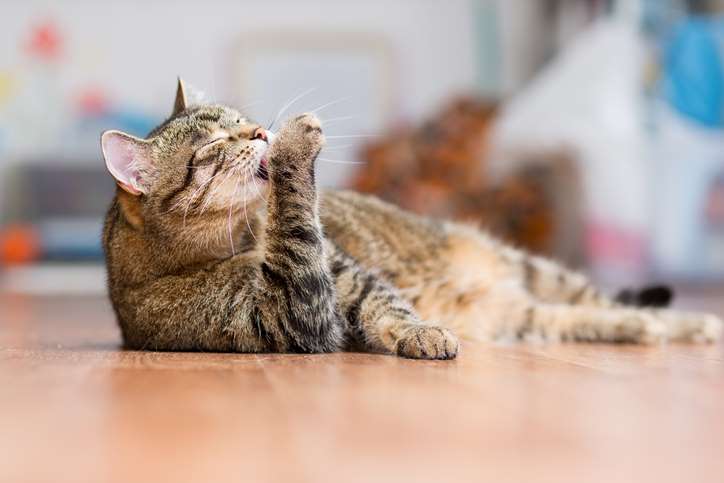
Potential Risks and Pitfalls
While transitioning your cat to homemade food can offer numerous benefits, it’s essential to be aware of potential risks and pitfalls that may arise:
- Nutritional Imbalance: Crafting a homemade cat food diet that meets all of your pet’s nutritional needs can be challenging. Cats require specific nutrients, and if not adequately balanced, nutritional deficiencies or excesses can lead to health problems.
- Allergies and Sensitivities: Cats can develop food allergies or sensitivities to ingredients in homemade food, causing digestive issues, skin problems, or other adverse reactions.
- Contamination and Spoilage: Homemade food may be more susceptible to bacterial contamination and spoilage, especially if not handled, stored, or prepared correctly, potentially leading to foodborne illnesses.
- Inadequate Knowledge: Preparing homemade cat food requires a good understanding of feline nutrition. Lacking the necessary knowledge can result in diets that do not meet your cat’s specific health requirements.
- Cost and Time: Preparing homemade food can be more time-consuming and costly than commercial options, and it might not be a practical choice for everyone.
- Inconsistent Results: Cats can be picky eaters, and they may not always accept homemade food. Inconsistencies in their diet can lead to nutritional imbalances.
To mitigate these risks, consult with a veterinarian or a veterinary nutritionist to design a well-balanced homemade cat food plan. Regularly monitor your cat’s health, and be prepared to adjust their diet if any issues arise.
Conclusion
In conclusion, homemade cat food for feline companions with arthritis offers a promising avenue for improving their overall quality of life. The benefits of tailored nutrition, avoidance of harmful additives, and enhanced quality control make it a valuable choice. Essential nutrients, such as Omega-3 fatty acids, glucosamine, and chondroitin, play a pivotal role in supporting joint health.
When executed correctly, homemade food along with proper steps to mitigate your cat’s arthritis through heated pads, can be a big step towards helping them with this ailment.
